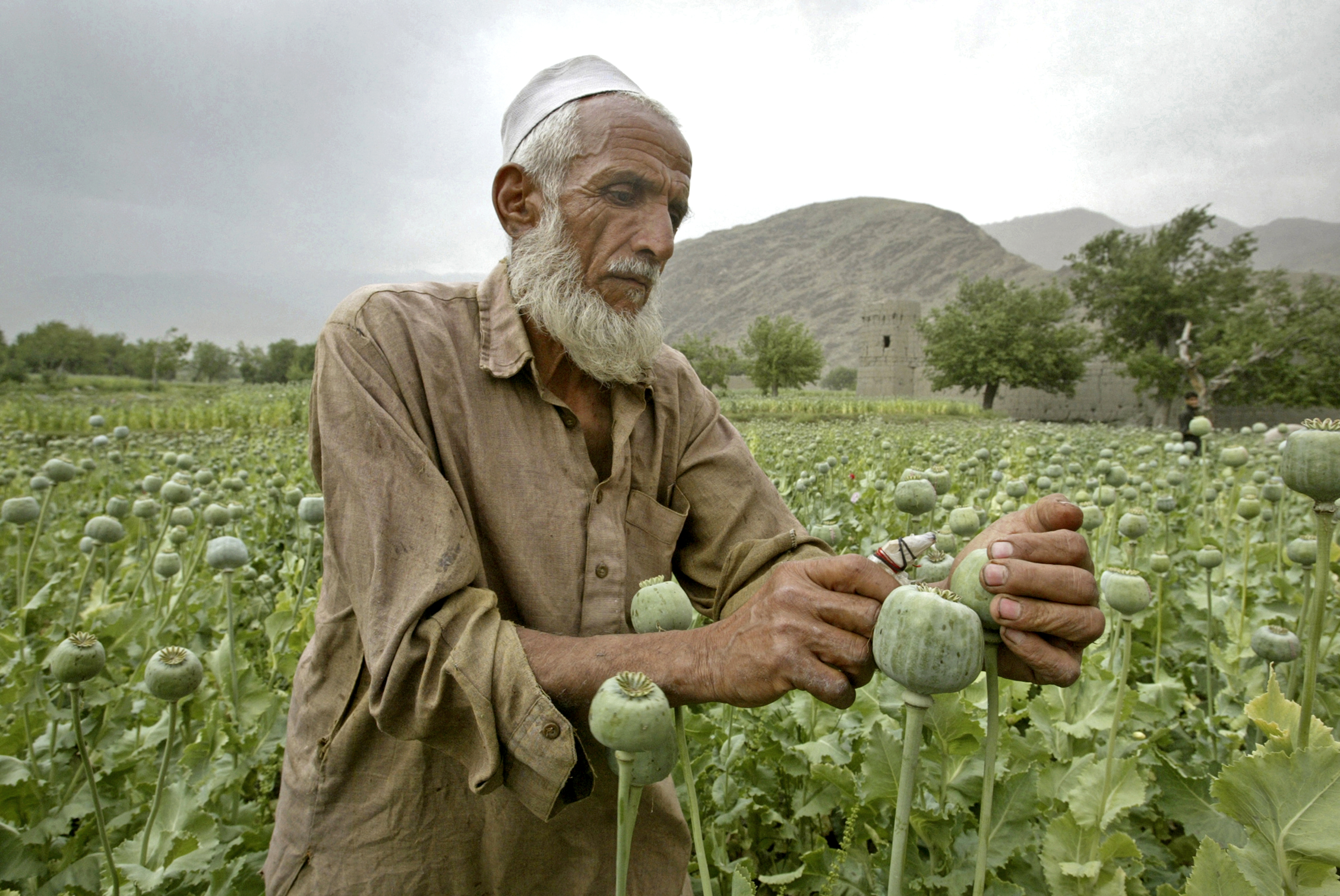
Over the course of three Canadian army tours in their parched and war-ravaged homeland, Alex Watson came to know and respect the long-suffering Afghan people for their courage, resilience, devotion and unfailing courtesy.
As a CiMiC (civilian-military co-operation) officer and later as a company commander attached to an Afghan National Army battalion, Watson became intimately acquainted with the citizens and culture Canadian troops were sent to protect.
In Kandahar in 2002, he was a young captain with the 3rd Battalion, Princess Patricia’s Canadian Light Infantry battle group. He was among the first Canadians charged with the task of reaching out to Afghan villagers, fostering trust and cultivating a network of informal allies, not to mention watchful eyes and ears.
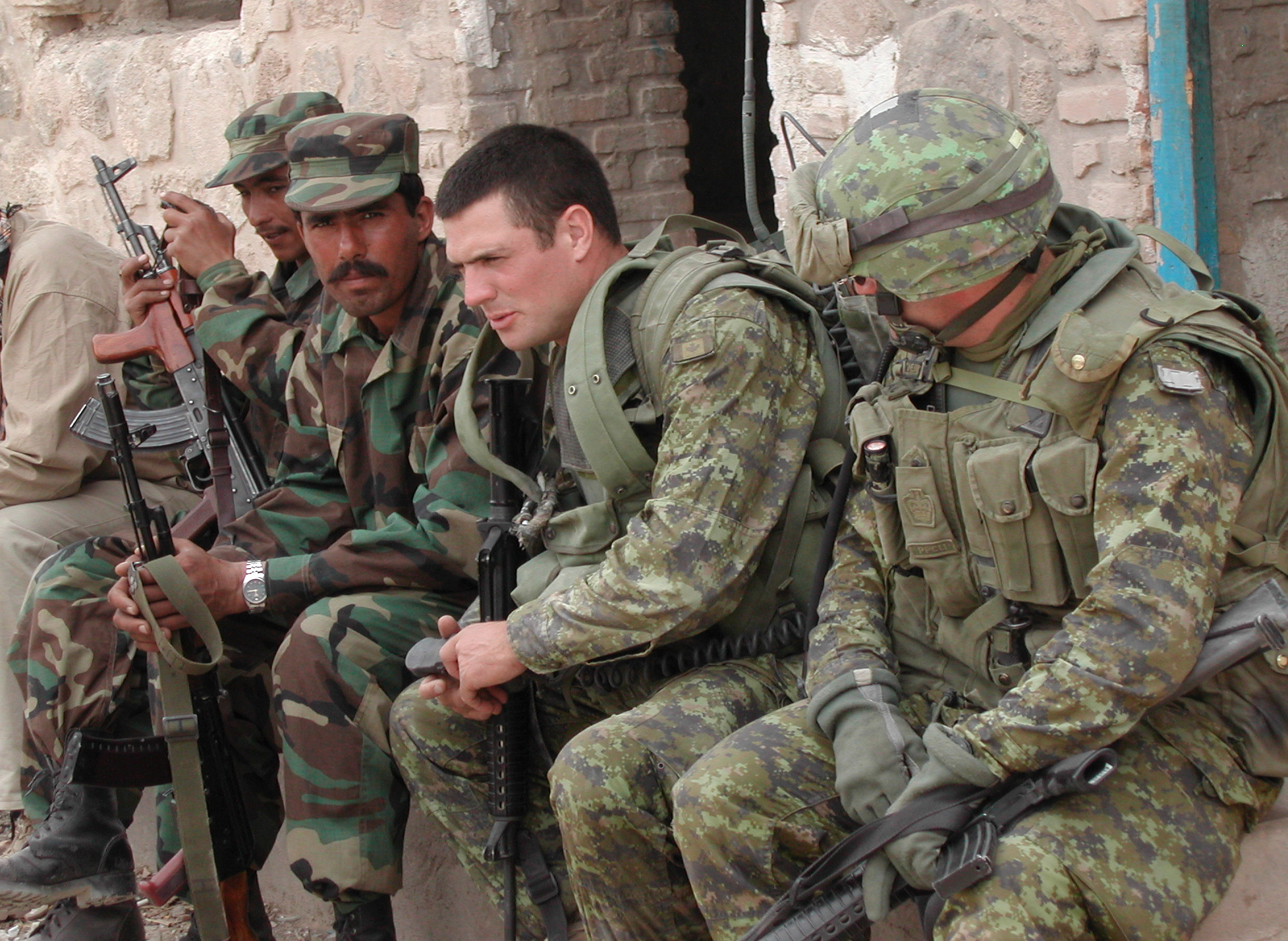
“I loved it,” he says. “There is not a single place in the world where I would rather have been than there doing my job.
“I view it as nothing less than a privilege that I got to do the job that I did in Afghanistan, to meet the Afghans that I met—some of whom are lifetime friends—and, the biggest privilege of all, to command Canadian soldiers in combat.”
Afghans were entering their third decade of war at the time, having survived the 1979 Soviet invasion and almost 10 years of internal strife that followed. After the Soviets left, the country was gripped by a series of civil wars that ended with the Taliban, who ultimately opened their borders to Osama bin Laden and his al-Qaida terrorists-in-training.
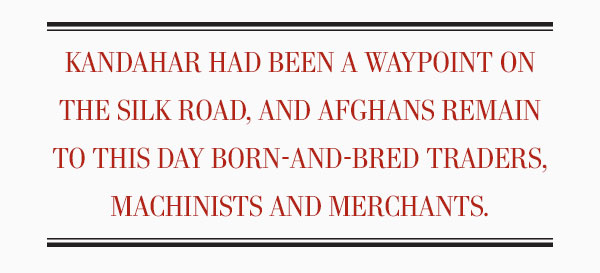
“The past quarter century has devastated this country more than any other on earth,” former U.S. diplomat G. Whitney Azoy wrote in 2003 for the second edition of his book Buzkashi: Game and Power in Afghanistan. “No country in all history has proven more resilient. No people alive today are more worthy of admiration, respect, and support.”
As a 10-year drought neared its end, they were caught up in the post-9/11 war that was supposed to set them free. It was Watson’s job, in part, to convince them that the coalition forces of which he was part were not simply following the waves of Mongol, Macedonian, British and Soviet invaders who had come before.
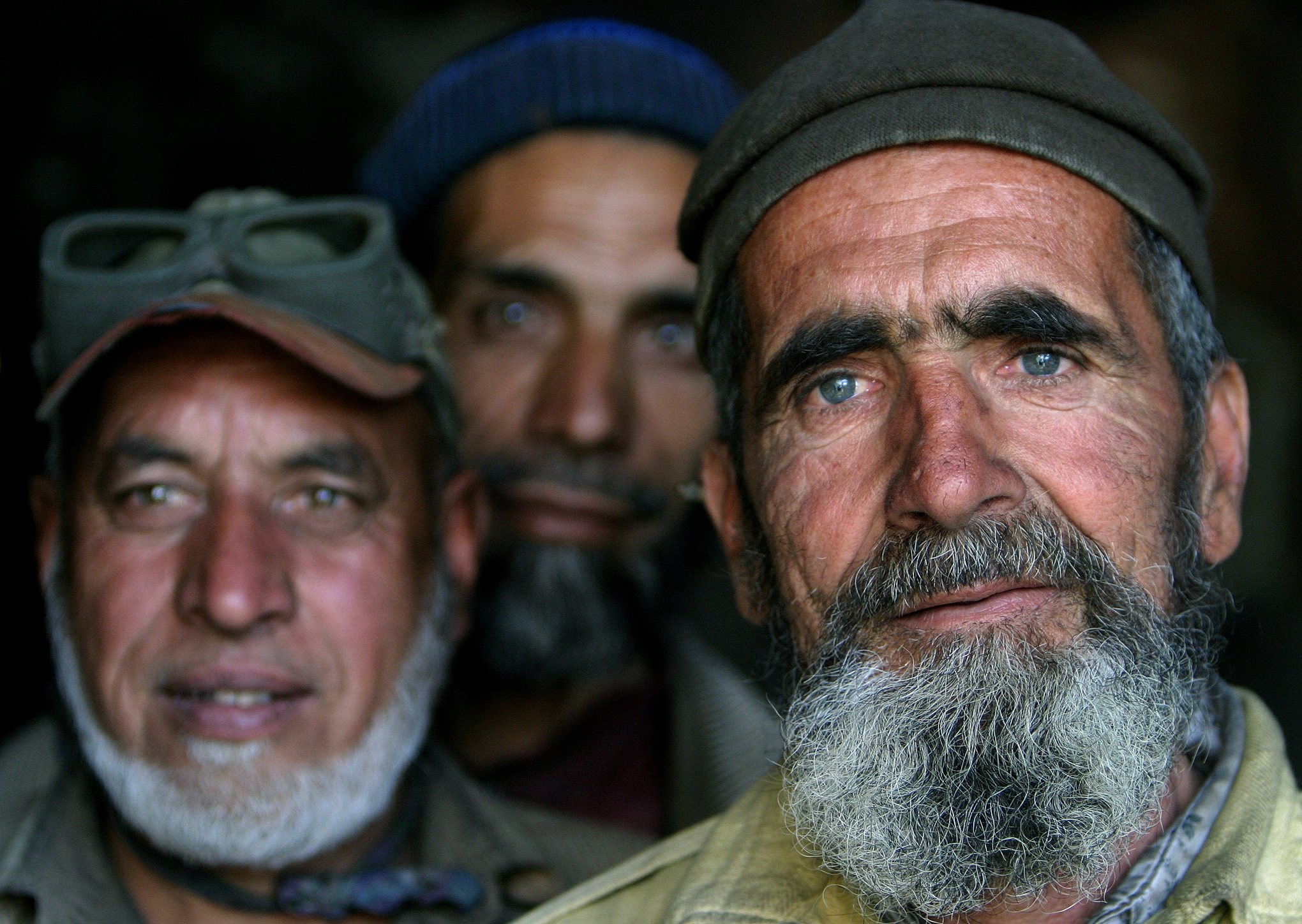
The dusty villages surrounding Kandahar and beyond, some without so much as a water well, were populated by stoic survivors of war, injury, disease, poverty, drought and malnutrition. Afghan male life expectancy in 2002 was 47 years. The infant mortality rate was among the world’s highest. They remain so.
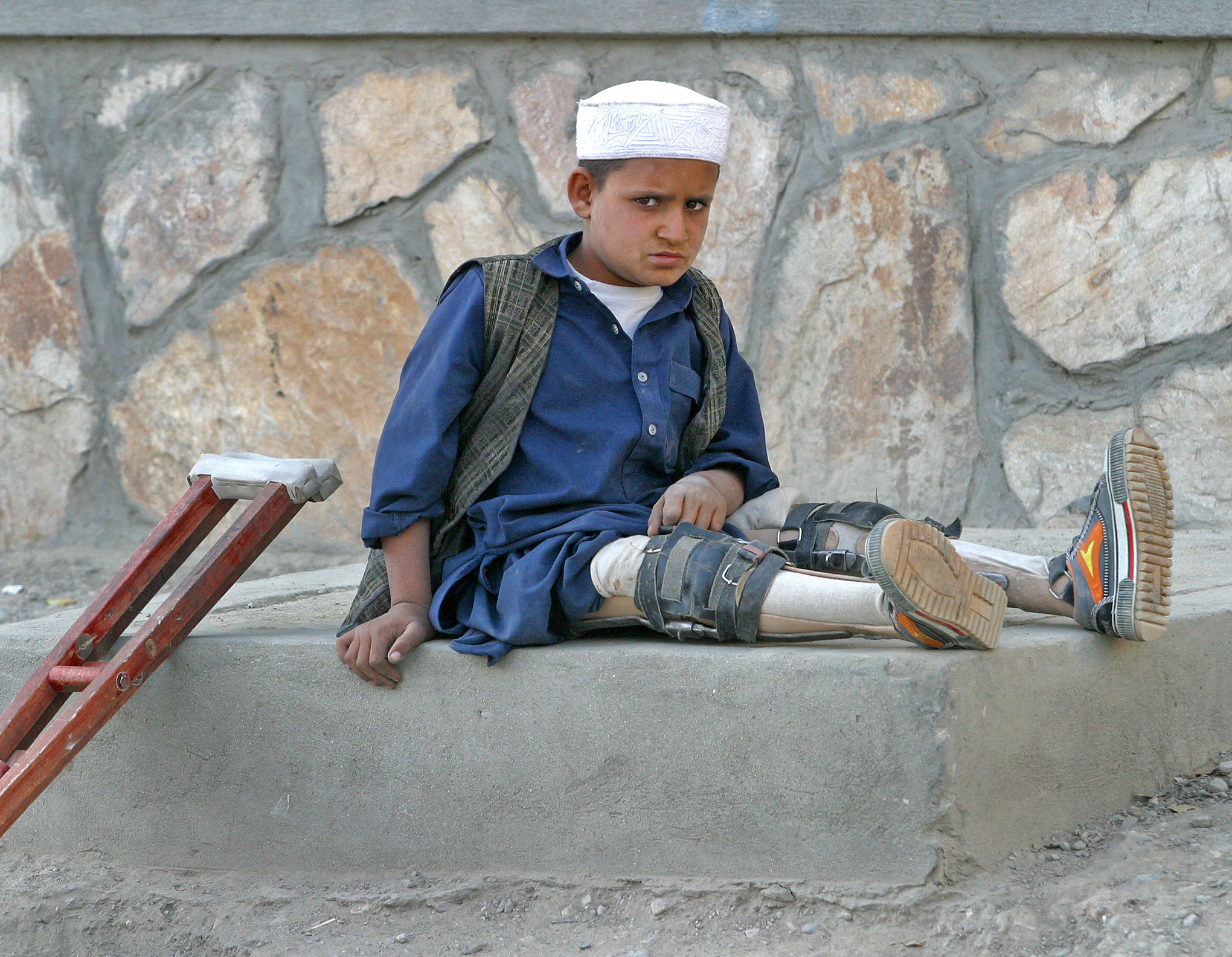
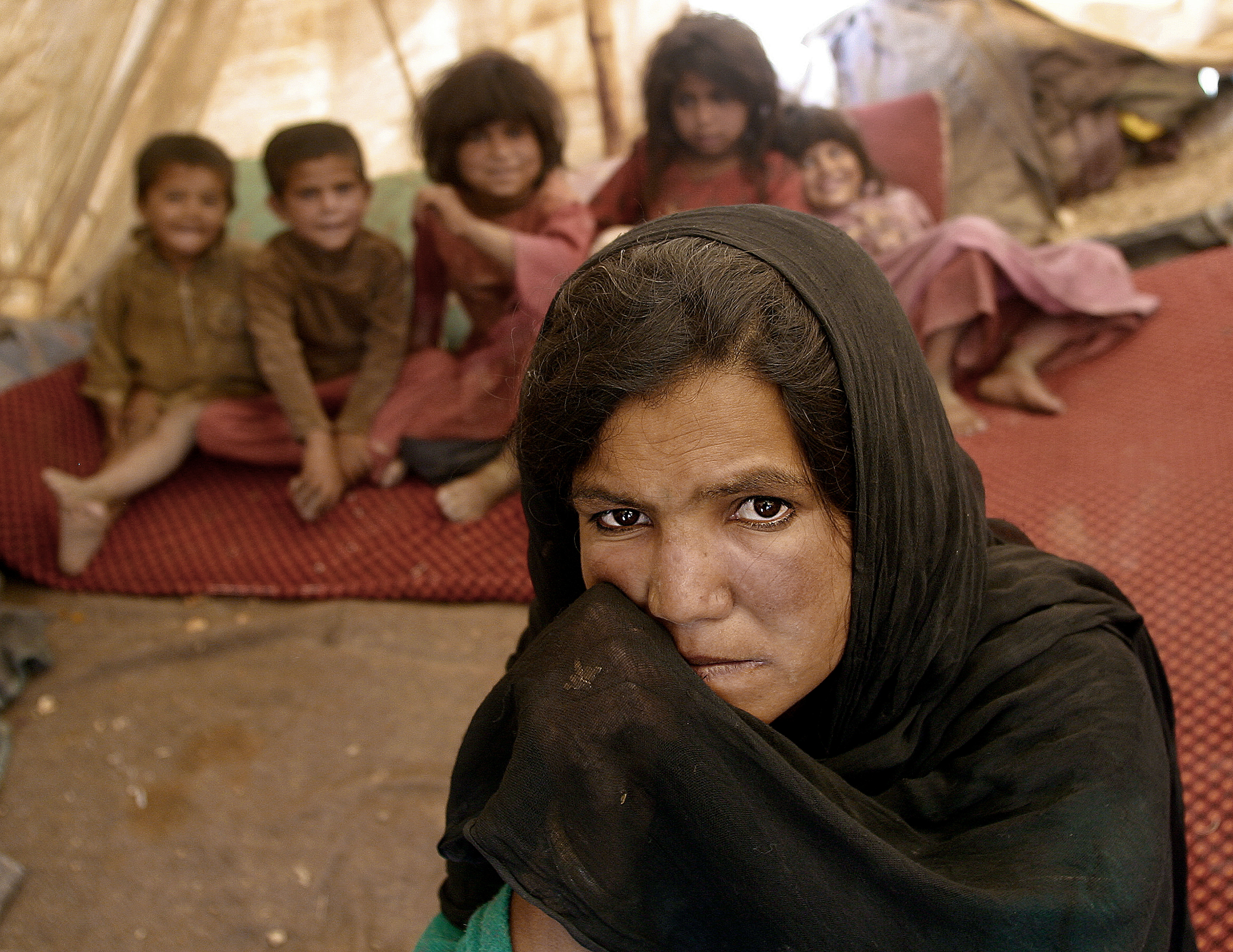
They managed this not because life in Afghanistan was cheap, says Watson, but because it was the only way they knew how to cope. Islam’s rites of quick burial helped, but Watson says Afghans also seemed to “force upon themselves a more limited period of mourning because they had to.”
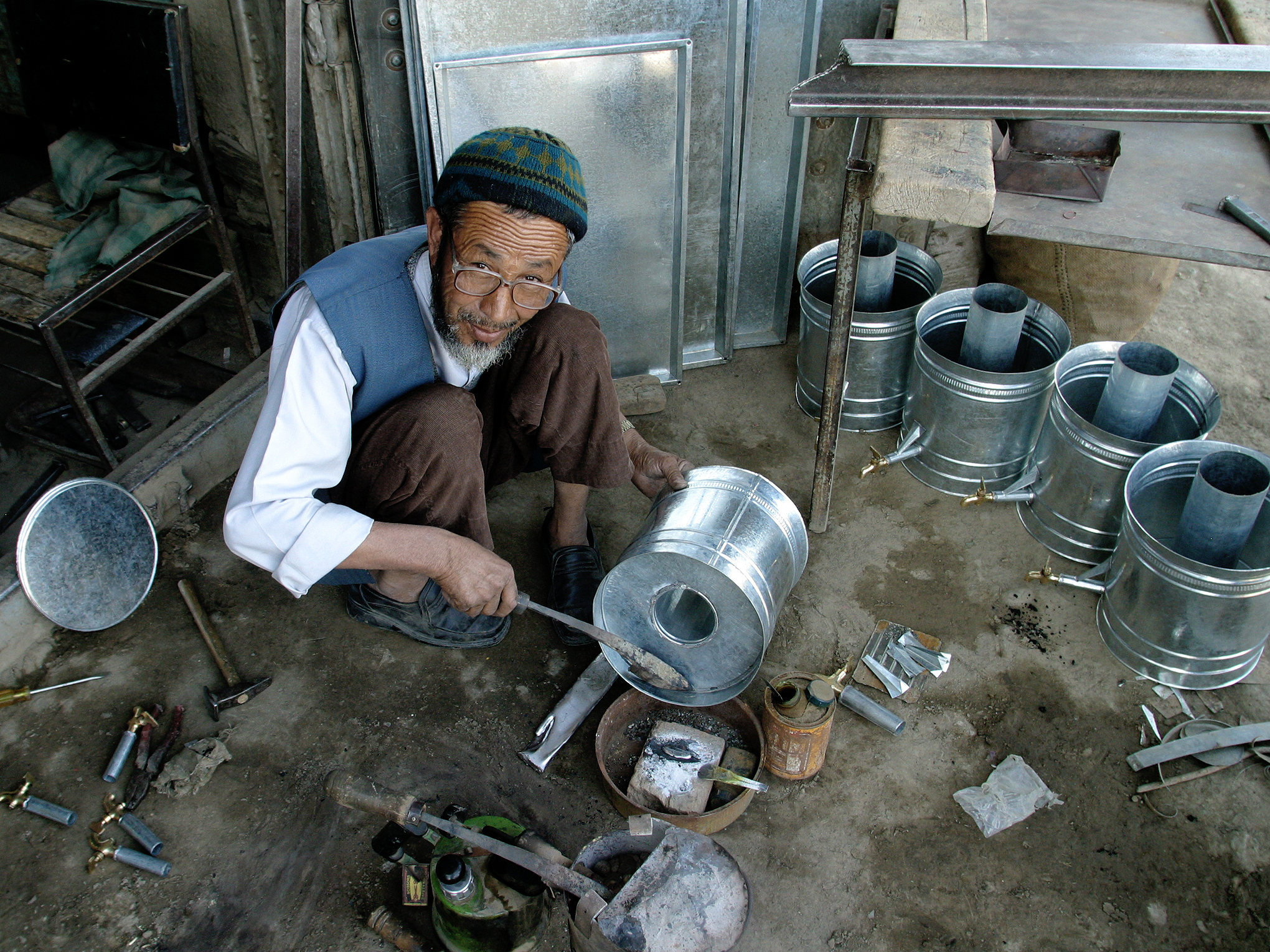
True to the traditions of the dominant Pashtun culture which had thrived on the frontiers of Afghanistan for centuries, Afghans opened their homes to Watson and others, serving guests acid-strong tea and whatever foodstuffs they could muster, despite their own hardships and sufferings.
They lived by the tenets of Pashtunwali, an ancient code of conduct predating Islam whose central dictum is hospitality to all, regardless of race, religion or economic status. Under Pashtunwali, a guest must not be harmed nor surrendered to an enemy.
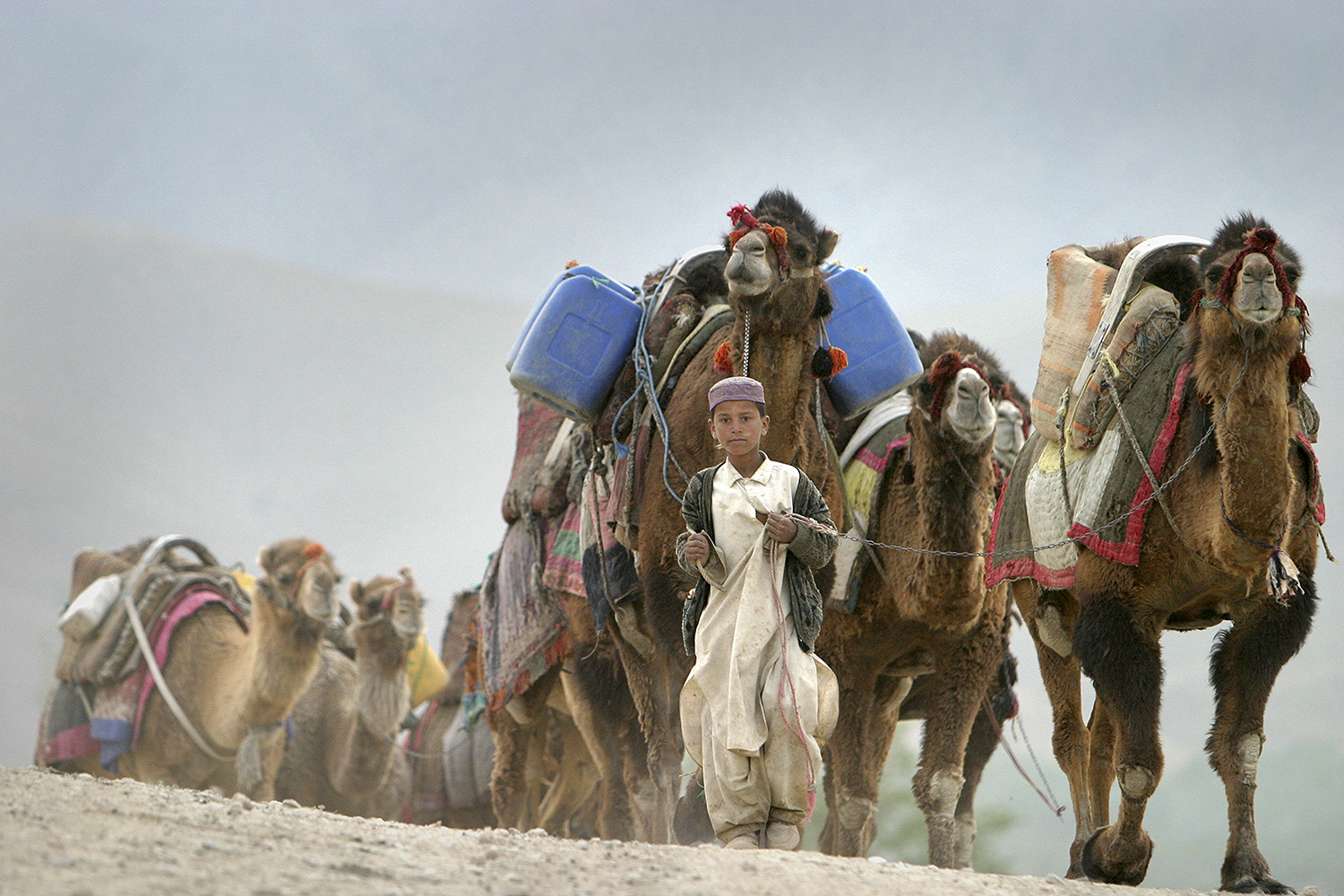
“Everything became a deal-making process,” says Watson. “Everything was subject to negotiation. I found that initially maybe jarring. Then I started to enjoy it. I didn’t take offence that everything became a bargaining opportunity.
“They could sell sand to a camel, I think. I admired that sort of entrepreneurial aspect to their society, although I got taken to the cleaners a few times due to my own naiveté.”
On his third tour in 2009, Watson, by then a major, was given a small company of Canadian troops and assigned to mentor an Afghan army battalion which, for all intents and purposes, he commanded.
Having fought alongside Afghan militia and national army soldiers alike, he already respected the Afghans’ “very principled, faith-driven” warrior culture—not savage and incendiary like that of al-Qaida and ISIS.

Watson recalls walking ahead of about 200 Afghan and Canadian troops along a high-risk route in Zhari province when suddenly two young Afghans scurried past him with metal detectors in hand, determined that their Canadian would not step on a landmine.
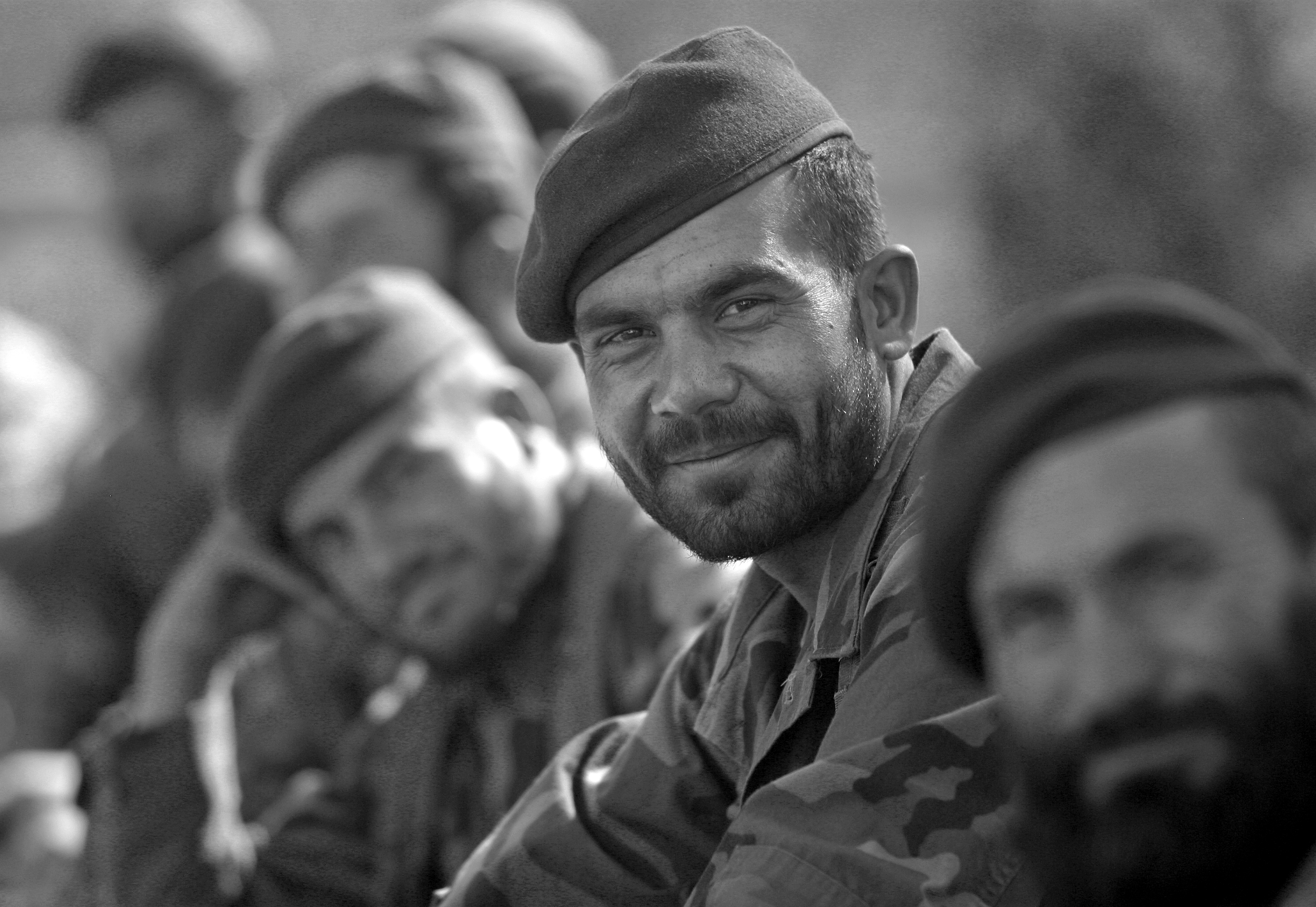
Watson left the army in 2016. He is now a prosecutor, married with children. He often thinks of those youthful, underdeveloped Afghan troops, their big brown eyes peering out from beneath their oversized Kevlar helmets, trusting absolutely in his strength, education, judgment and equipment.
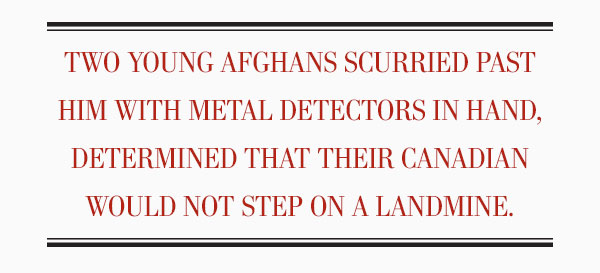
“I struggle to this day, philosophically in an existential sense, [because] every time that I planned an independent operation for my Afghan battalion and then led that operation, an Afghan soldier was either horribly wounded or died,” he says.
“The trite answer is that’s the nature of the job. But these were like little dudes; they were teenagers, man. And I don’t have the answers for what sort of expenditure of resources is appropriate to achieve a mission.
“I do know that every single area I operated in is all under Taliban control now. So I guess I’ve answered my own question.”
—
The first of a three-part series of Front Lines columns on Afghanistan. Don’t miss the photo essay Citizens of War in the November/December 2018 issue of Legion Magazine.
Advertisement












